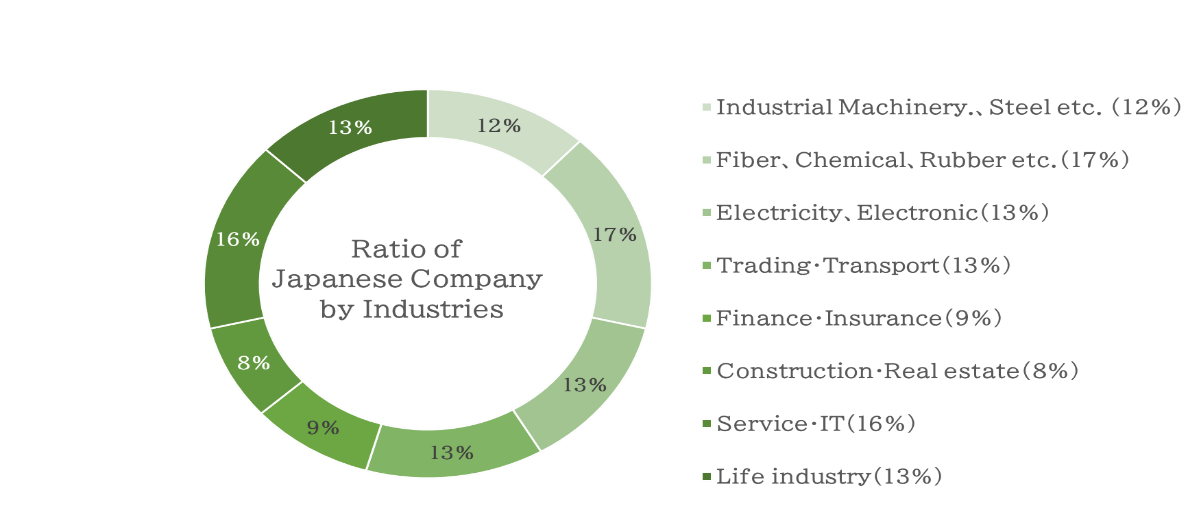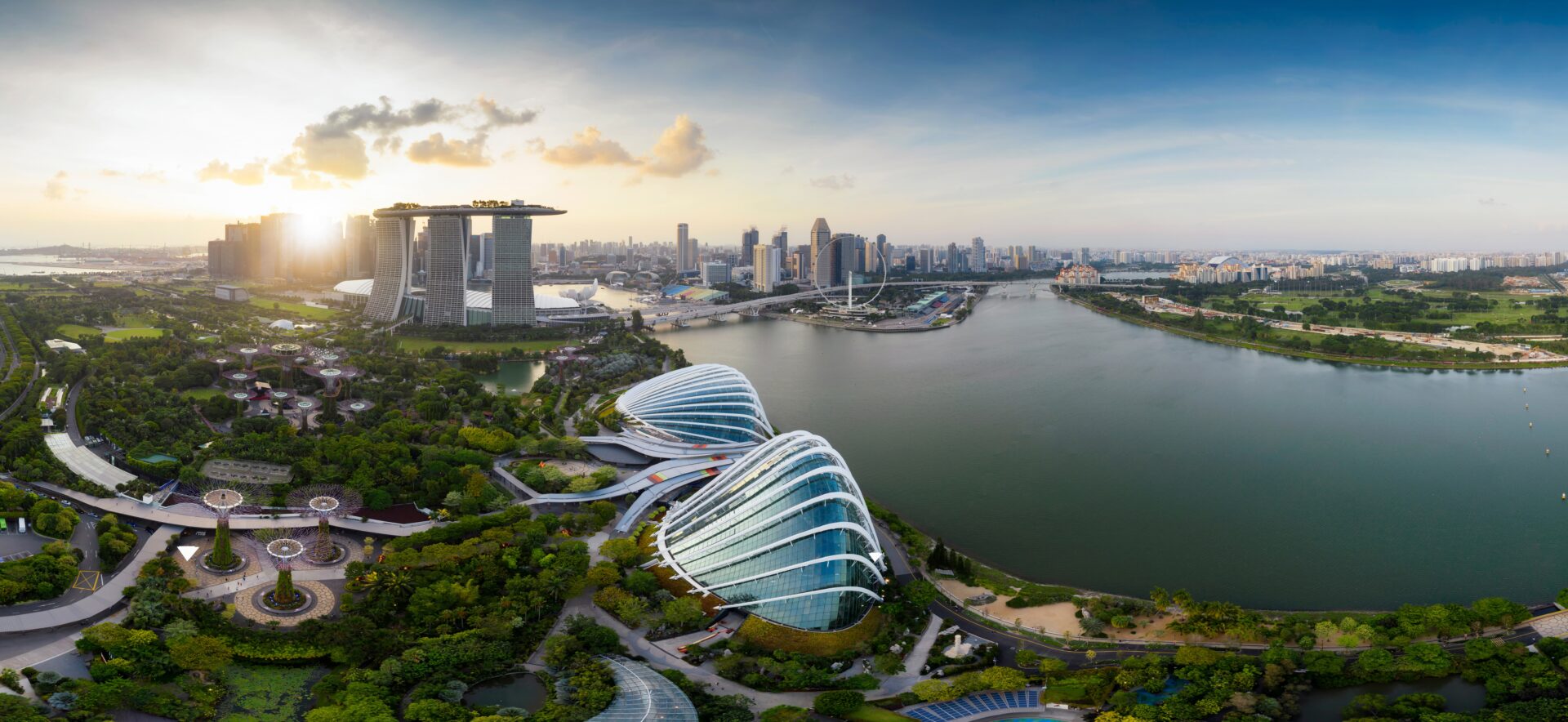There are 7,000 overseas companies in Singapore (795 of which are Japanese companies
*the number of registered members of the Japanese Chamber of Commerce in Singapore),
and Singapore is now gearing up to be the information, technological and financial hub for the ASEAN region.
Below are some of the advantages of locating to Singapore.
① Compared to neighboring countries, the infrastructure of the logistics hub (land, air and sea transportation) is remarkably well-developed.
It is connected to more than 600 ports in more than 120 countries around the world, and is responsible for about 20% of the world's cargo trade.
In fact, Singapore is one of the busiest port in the world.
In addition, the regulations and regulations for importing and exporting and expanding into Singapore are clear, and support is provided when expanding into Singapore.
There are not much obstacles in terms of bureaucratic red-tape.
② Due to its historical heritage, the national language of Singapore is Malay,
even though there are four main languages (English, Chinese, Malay and Tamil) to reflect its cultural and ethnic diversity.
However, as a strategy to expand global trade, the main language of communication is English and also Chinese, to cater to the growing China’s market.
The majority of the citizens are effectively bilingual (English and 1 mother tongue)
and there is also no lack of people in the business world who can speak multiple languages to facilitate global trade.
Singapore has a high level of education for its citizens and an abundance of excellent management resources.
③AI (artificial intelligence), EV (electric vehicle), factory automation (robotics, automation), pharmaceutical and financial services etc.
The Singapore government is actively investing in cutting-edge technology for those areas listed above which can position Singapore
at the forefront of global competition for trade and businesses.
④ It is easy to contact and cooperate with Japan (headquarters) because the time difference with Japan is 1 hour.
⑤ Low corporate tax rate. (Up to 17%. Other preferential treatment available)
⑥ Japanese companies in various industries have expanded into the region, and expectations are high for Singapore
to become the regional headquarters and R&D base not only for the ASEAN region, but Asia as well.


